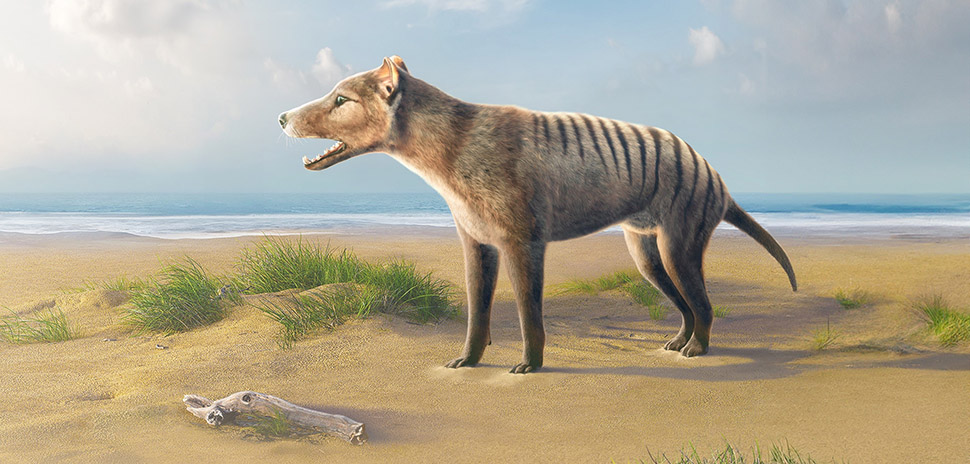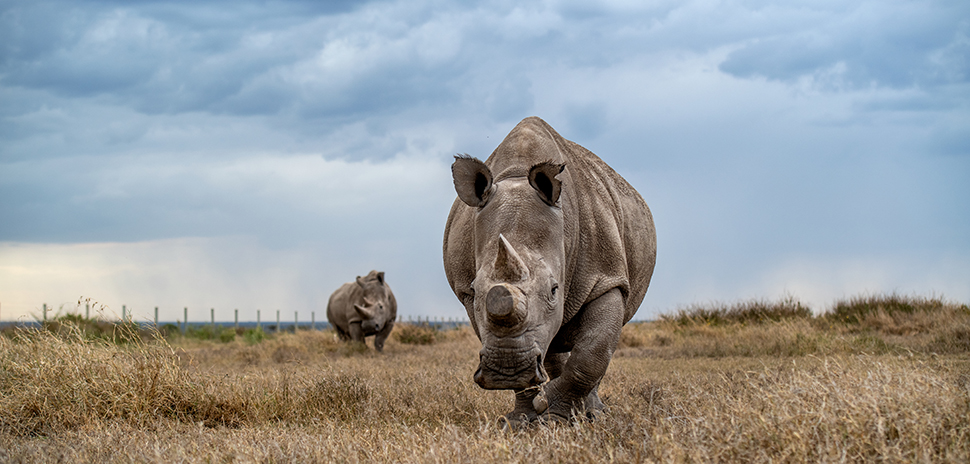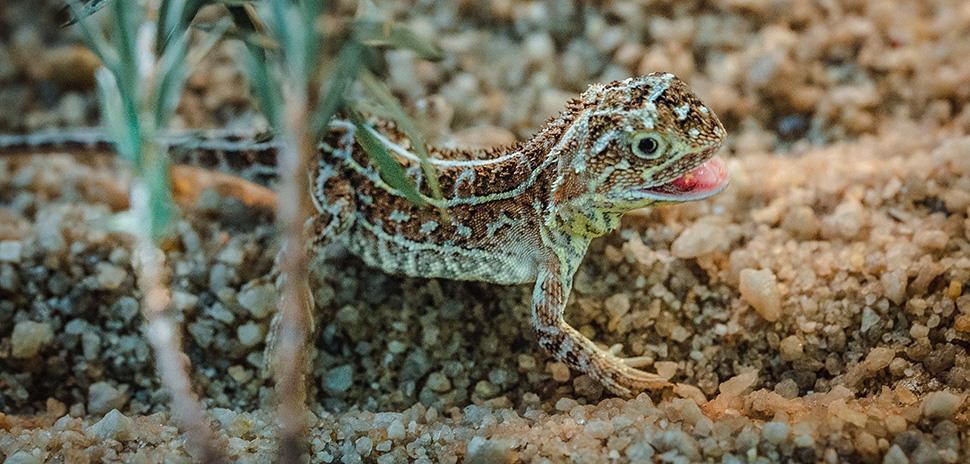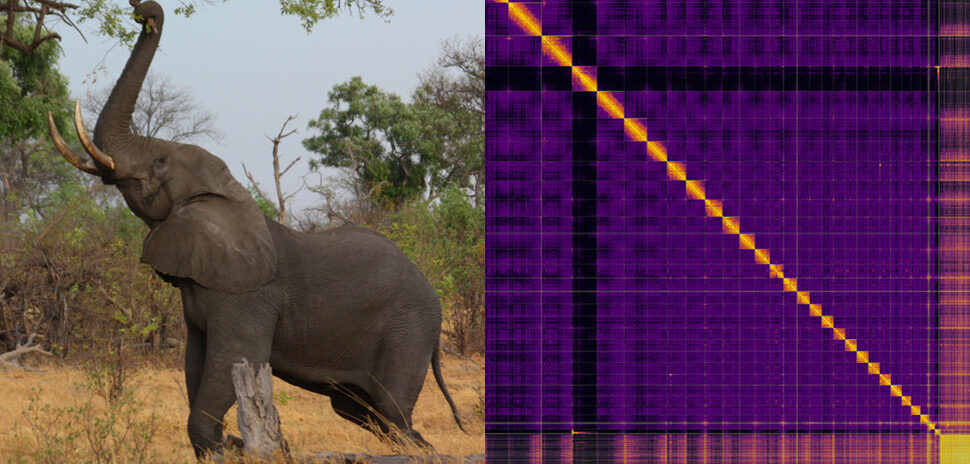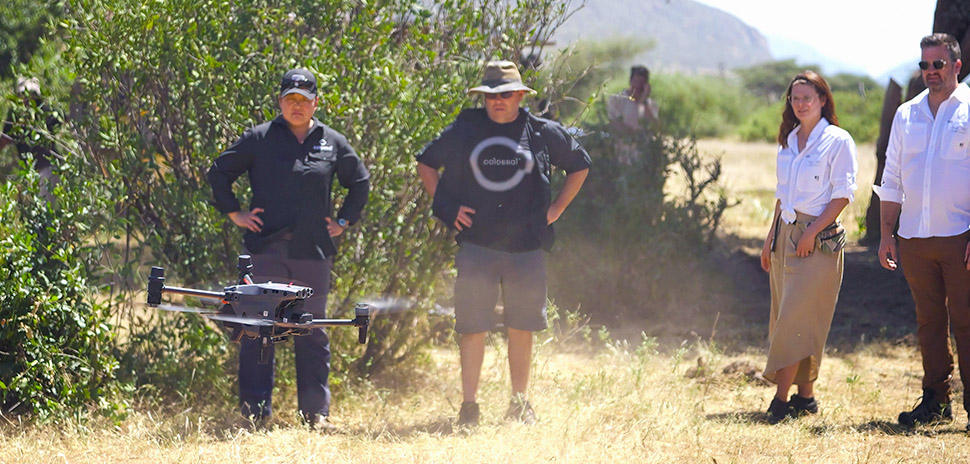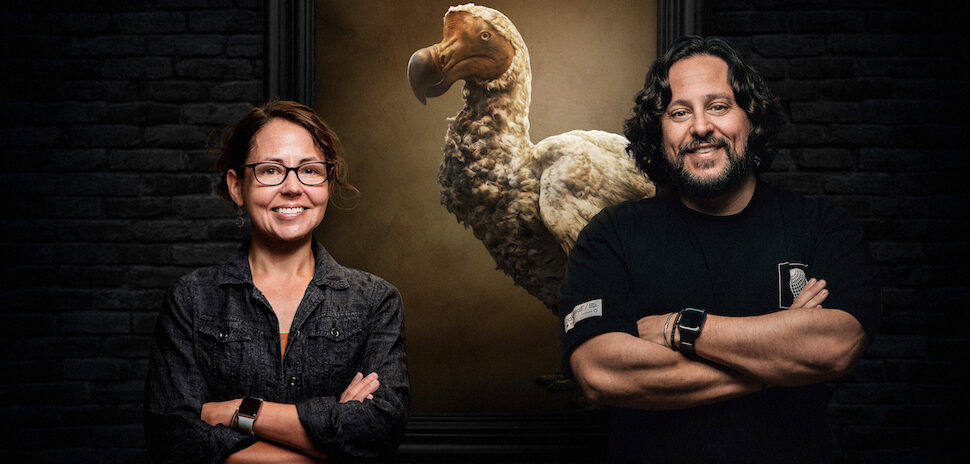Last year we told you about Dallas-based Colossal Biosciences’ plan to bring back the extinct Tasmanian tiger with the help of an Australian university and “marsupial biobanking.” Now Colossal has announced the formation of the Tasmania Thylacine Advisory Committee to help it achieve the feat.
Led by Tasmanian Mayor Michele Dracoulis, the committee will provide a “crucial public body” for the discussion, development and dissemination of plans related to the rewilding of the thylacine—the scientific name for the Tasmanian tiger, a slim, striped keystone species that was native to Australia, Tasmania, and New Guinea before being hunted to extinction some 100 years ago.
With the help of the committee, Colossal aims to “de-extinct” and return the Thylacine to its native habitat in collaboration with local government, aboriginal representatives, industry leaders, private landowners, university representation and the public at large.
“We’re excited to work with this incredible local committee on the next steps of the Thylacine project,” Colossal co-founder and CEO Ben Lamm said in a statement. “Mayor Dracoulis, business and educational leader James Groom, aboriginal activist Peter Rowe, and all the members are helping to ensure we have a complete picture of how reintroduction can support the efforts of the Tasmanian community. From biodiversity improvements to economic opportunities, we want this to help invigorate a community I’ve come to know and love.”
Select members of the Tasmania Thylacine Advisory Committee include:
- Mayor Michelle Dracoulis of the Derwent Valley Council
- Mayor Loueen Triffitt, Tasmanian Aboriginal (Pakana) Ambassador & Cultural Educator and the Mayor of the Central Highlands Council
- James Groom, principal of Groom Kennedy Lawyers and Advisors and Deputy Chancellor of the University of Tasmania
- Mia Lindgrin, Associate Dean of Research Performance for Community Consultation and Impact, University of Tasmania
- Sam Bradley, CEO of the Derwent Experience
- Todd Babiak, CEO of Brand Tasmania
- Alex Heroyas, Chief Executive Officer of Destination Southern Tasmania
- Peter Rowe, Tasmanian Aboriginal Advocate and proud Trawlwoolway man
- Greg Irons, Director of Bonorong Sanctuary
- Michael Smith, President of the Derwent Valley and Central Highlands Tourism Association
- Kennedy Kurwaisimba, Coordinator Forest Products – Planning at Sustainable Timber Tasmania
- Murray Antill, University of Tasmania School of Creative Arts & Media
Mayor Michelle Dracoulis, the committee’s chairwoman, said she’s invested in ensuring the best future for Tasmania.
“Culturally, on our island, the thylacine is more than an extinct animal,” Dracoulis said in a statement. “It’s part of our identity, and lives strongly in our folklore and imagination. Bringing back the thylacine is an important step in ensuring biodiversity and safeguarding Tasmania for future generations. Its restoration will contribute to much-needed healing in our land which has a troubled past but is home to a people that have hopes for a brighter future.”
Peter Rowe, Aboriginal Advocate, Derwent Valley Council Indigenous Advisor, and lawyer, noted that the thylacine has been a cultural icon of Aboriginal groups throughout Australia “for thousands of years” and is featured in Tasmania’s ancient rock-art. “Plus, it is my own family totem,” Rowe noted.
“I look forward to talking to our Aboriginal groups to inform the members of this exciting project,” Rowe added in a statement. “The Thylacine was an apex predator wiped out by man; from its loss the environment has suffered. Our people work to maintain nature’s balance as part of our duty to care for the Earth.”
James Groom, Senior Tasmanian lawyer and Director, said that he has spent his career actively working to help Tasmania prosper—”socially, commercially and culturally.”
“Joining the Tasmania Thylacine Advisory Committee is an opportunity for me to continue to support our home state and help shape this globally significant and vitally important work,” Groom added.
The TTA will meet quarterly to discuss updates to the project, Colossal said. It plans to share information regularly with the broader community.
More information is available on Colossal’s microsite for the project, which the company says will feature updates on advances in scientific research, project progress, and a question and comment input form for community discussion.
![]()
Get on the list.
Dallas Innovates, every day.
Sign up to keep your eye on what’s new and next in Dallas-Fort Worth, every day.










